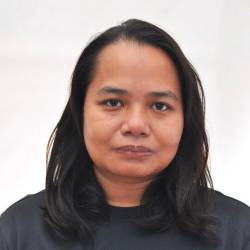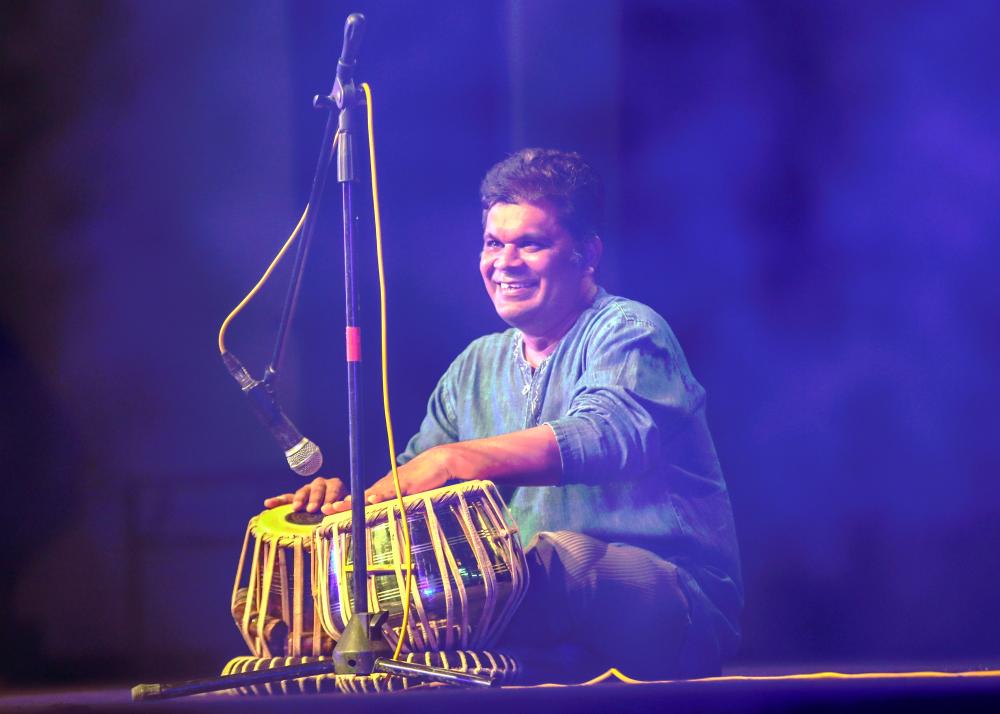PETALING JAYA: The Malaysian Association for the Blind (MAB) is urging employers to be more inclusive in the workplace, and employ more visually-impaired people.
Speaking to theSun, MAB chief executive officer George Thomas expressed concern that in the last 15 years, a growing number of adults had gone blind in the later stages of their careers.
“There are growing incidents of adult-blindness in the workforce due to the hectic lifestyles employees lead. Illnesses such as diabetes and high blood pressure have contributed to the number of those contracting glaucoma.
“It’s concerning that the numbers have increased five-fold in the last 15 years,” he said, adding that employers would have to accommodate more of them in the future.
Health Director-General Tan Sri Dr Noor Hisham Abdullah recently said the prevalence of blindness in Malaysia is 1.2% of the population, or 384,000.
He said data from a 2014 National Eye Survey indicated that among the main causes of blindness are cataracts (58.6%) which affected 225,024 people, diabetic retinopathy (10.4%, or 39,936) and glaucoma (6.6%, or 25,344).
George said there is a lack of awareness on the capability of the blind, despite MAB championing their efforts since it was established in 1951 by the Social Welfare Department to look after the general well-being of blind people.
“The words ‘physically disabled’ or ‘blind’ still leave some employers reeling as they would have to make the environment suitable for them. Employers lack awareness about how to handle those who are visually impaired, despite the fact that we have been trying to educate and create public awareness.”
He was speaking during MAB’s special Deepavali celebration held at the Petaling Jaya Civic Centre recently.
The celebration was aimed at showcasing the talents of the blind and visually impaired to create awareness and opportunities for them.
George said MAB has been reaching out to over 3,000 visually impaired people annually through its services, which are offered free at three residential skills training centres located in Temerloh (Pahang), Ipoh (Perak) and Kuala Lumpur.
“We also provide services such as job placements, and organise youth leadership activities, recreational and competitive sports as well as welfare services. As such, employers can reach out to MAB to explore and tap into the existing skills of this community.”
He said there are 43 careers that a visually-impaired person can pursue, including being a lecturer, welfare officer, hospital assistant, teacher, musician and data entry executive.
He added that visually impaired university graduates were not being appreciated due to the perception of them being unable to keep up with other employees.
“Annually, there are between 20 and 30 visually impaired students who graduate from tertiary institutions, but very few get employed. Some are also underemployed, meaning that despite having graduated with degrees, they are only working as clerks and earning low salaries.
“As a result, job placements have been a challenge for them due to prejudice or lack of awareness of their capabilities.”
There are growing incidents of adult-blindness in the workforce due to the hectic lifestyles employees lead, says Thomas.










